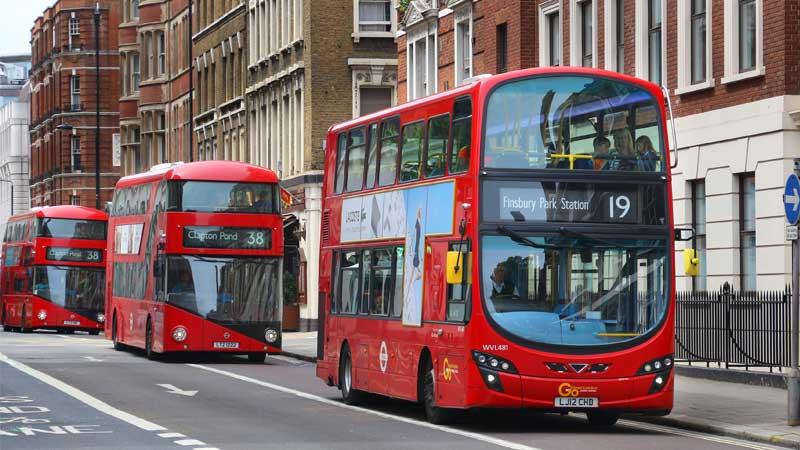Dr Enrica Papa, Reader in Transport Planning, and Professor Peter White, Emeritus Professor in the School of Architecture + Cities, wrote an article for The Conversation about the prospects of a boost in bus services reducing carbon emissions.

The article discusses the national bus strategy, which aims to reduce the number of car journeys in the UK by making bus services more reliable and affordable. Dr Enrica Papa and Professor Peter White wrote: “The national bus strategy proposes making services more appealing by giving buses priority over other traffic. Where separate bus lanes have been introduced in the UK – and especially guided busways, such as one in Cambridgeshire – the improved speed and reliability have made the services attractive to those with cars and led to higher passenger loadings. In the Cambridgeshire Busway case, about 25% of drivers left their cars and chose the bus along with 13% of car-share passengers, saving about 550,000 litres of fuel in a year.”
Dr Papa and Professor White also discussed the fuel efficiency of buses and wrote: “But while buses are more fuel efficient than cars, exactly how much more depends on several factors. In London, where high-frequency services mean people don’t have to rely on timetables, passenger loadings are higher on average than elsewhere, producing lower emissions and using less energy for each kilometre travelled per passenger than cars. In places where maximising ridership is not the main goal, but ensuring everyone has fair access to a bus route is, as in many rural areas, the emission savings of buses versus cars are less impressive.”
Read the full article on The Conversation’s website.


